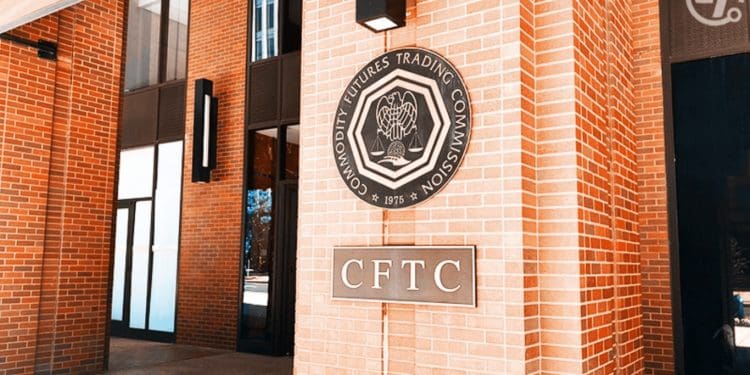- Commissioner Summer Mersinger encourages the CFTC to pursue rulemaking and public engagement first over enforcement against DeFi Protocols.
- Three DeFi protocols were charged with failure to register their offerings.
- CFTC settles with the protocols but still has no plans to make rules for DeFi.
Summer Mersinger, a commissioner of the United States Commodity Futures Trading Commission (CFTC), has expressed her concern that the authority has been quick to explore enforcement measures relating to decentralized finance (DeFi) protocols instead of engaging with stakeholders about rulemaking.
The commissioner voiced her disapproval of the CFTC’s strategy in a dissenting statement made public on September 7. Mersinger argued that enforcement actions are not the best way to address the innovative DeFi technology.
Instead of depending exclusively on enforcement actions, the commissioner thinks the CFTC should involve the public and stakeholders through rulemaking and other regulatory mechanisms.
“I am concerned that the Commission in these cases is taking another step down the path of bringing enforcement actions when we should be engaging with the public,” Mersinger said.
Mersinger stated that she was willing to implement CFTC regulations and the Commodity Exchange Act as necessary to uphold the congressional mission and safeguard market participants from fraud and abuse.
She did, however, point out that the commission’s orders in these instances did not show that the DeFi protocols that were the subject of enforcement actions had victimized market participants or stolen money from customers.
“I am concerned that the Commission in these cases is taking another step down the path of bringing enforcement actions when we should be engaging with the public. It is important to emphasize that “Enforcement First” has not always been the CFTC’s default position,” she said.
The commissioner further questioned the regulatory authority over DeFi protocols, the necessity of explicit standards, and the possible repercussions of enforcement in the absence of open rulemaking.
“Clearly, rulemaking does not preclude enforcement. In fact, strong and clear rules, adopted after the type of stakeholder engagement envisioned by our Strategic Plan, establish the Commission’s expectations and thus make it easier (and fairer) to bring enforcement cases against those who violate those expectations,” Mersinger added.
Despite the difficulties, there is no DeFi-related regulation activity on the CFTC’s spring 2023 regulatory schedule, leaving these problems largely unresolved.
CFTC Goes After DeFi Protocols
This statement is in light of the recent decision by the CFTC to pursue enforcement action against three DeFi protocols, Opyn, ZeroEx, and Deridex, for failing to register various derivatives trading offerings.
According to recent reports, Deridex and Opyn are accused of failing to register as designated contract markets or swap execution facilities, as well as futures commission merchants. The CFTC also charged the two protocols with breaking the Bank Secrecy Act’s consumer protection rules.
Following the charges and the companies’ reported cooperation with the authorities, the U.S. derivatives regulator ordered Opyn, ZeroEx, and Deridex to cease those violations and pay penalties of $250,000, $200,000, and $100,000, respectively.
As part of the settlement, None of the three companies is required to admit or deny the regulator’s allegations. The companies have since agreed to these terms to settle the charges.
In more recent crackdowns, DeFi protocols have become the subject that the US government and its enforcers have become more keen on. DeFi protocols allow users to trade, borrow, and lend digital assets directly through the platforms rather than going through a middleman.
To warn DeFi actors, governments have issued regulations, imposed penalties, and brought enforcement proceedings during the past few months. Still, no laws have been put in place to clarify the sector.














